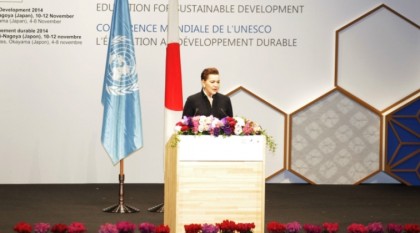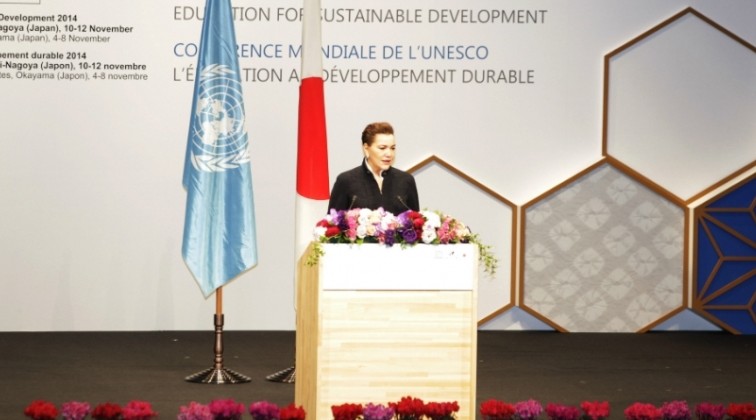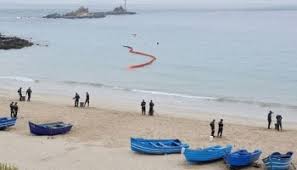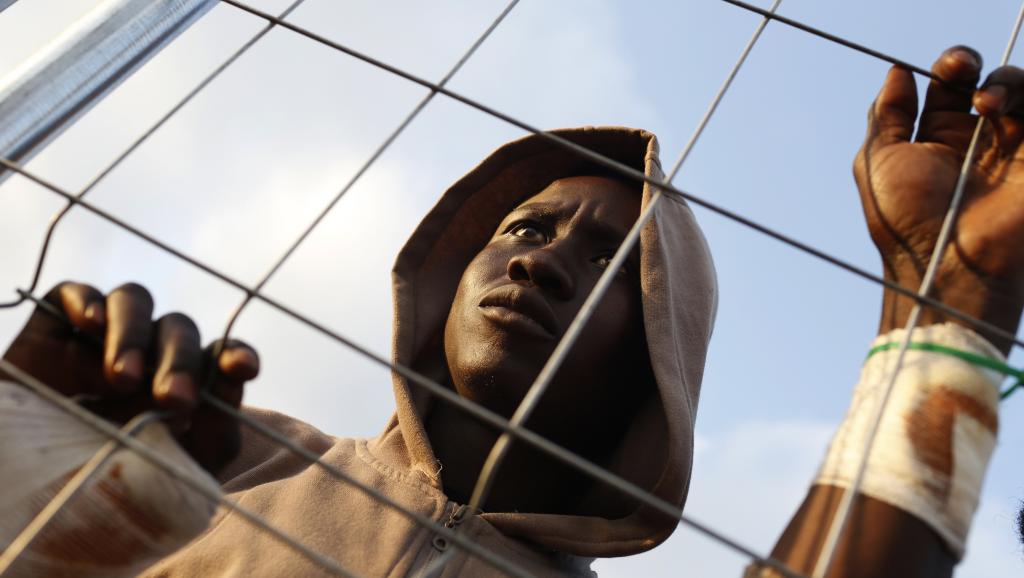 Mohammed VI Foundation for Environment Protection and UNESCO have agreed to enhance cooperation in the field of Education for Sustainable Development (ESD,) a program which enables people to acquire the necessary knowledge and skills for a better sustainable future.
Mohammed VI Foundation for Environment Protection and UNESCO have agreed to enhance cooperation in the field of Education for Sustainable Development (ESD,) a program which enables people to acquire the necessary knowledge and skills for a better sustainable future.
Princess Lalla Hasnaa, the Moroccan King’s youngest sister and Chairwoman of the Mohammed VI Foundation for Environment Protection, presided over Tuesday in Paris the signing ceremony of a partnership agreement between the Foundation and UNESCO.
The agreement was signed by UNESCO Director-general Irina Bokova and the president delegate of the foundation Lahoucine Tijani. It is part of the UN Decade of ESD launched by UNESCO within the frame of its Global Action Plan (GAP) for 2015-2030.
The agreement will enable Morocco to benefit from UNESCO know-how and experience in ESD training. This will enhance the capacity of the Mohammed VI Foundation and give momentum to its programs such as Eco-schools, Young Reporters for the Environment and other programs related to the protection of environment.
Mohammed VI Foundation for the Protection of the Environment had partnered with UNESCO in the 1st UN Decade of ESD (2005 -2014.) Education for Sustainable Development means including key sustainable development issues into teaching and learning; for example, climate change, disaster risk reduction, biodiversity, poverty reduction, and sustainable consumption.
It also requires the adoption of teaching and learning methods that motivate and empower learners to change their behavior and take action for sustainable development.
ESD promotes efforts to rethink educational programs and systems (both methods and contents) that currently support unsustainable societies. ESD affects all components of education: legislation, policy, finance, curriculum, instruction, learning, assessment, etc.
ESD calls for lifelong learning and recognizes the fact that the educational needs of people change over their lifetime. Many individuals and organizations around the world already implement ESD (e.g. a teacher weaving sustainability themes into primary education using participatory methods; a community development worker raising people’s awareness on rights which are denied to them; or a public health worker training people to draw water from clean sources.) There are many programs using an ESD approach to learning which is critical for achieving sustainability.



